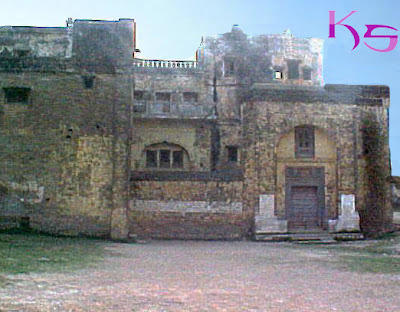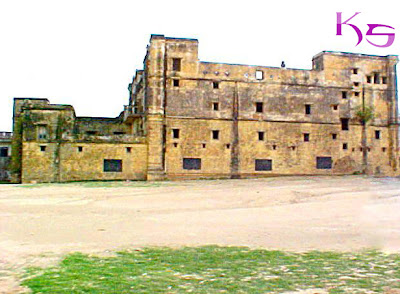 | |
|
Baba Khem Singh Bedi one of the founders of the Singh Sabha movement, was born on 21 February 1832 at Kallar Syedan. He was a direct descendant, in the thirteenth place, of Guru Nanak. He received the rites of amrit at the hands of the celebrated Baba Bir Singh of Naurangabad. His father Baba Attar Singh was killed in a family feud on 25 November 1839. Khem Singh and his elder brother Sampuran Singh inherited jagirs in the jalandhar Doab along with 41 villages in Dipalpur tahsil of of Gugera, later Montgomery (Sahiwal), district.
On the annexation of the Punjab to the British dominions in 1849, 14 of these villages were resumed by the new government. During the uprising of 1857, Baba Khem Singh assisted the British in quelling a local revolt in Gugera district. He personally took part in a number of skirmishes, proving himself an excellent marksman with gun and rifle.
While accompanying extra Assistant Commissioner Berkeley on a drive to reopen communications with Multan, Khem Singh distinguished himself in a cavalry charge on 21 September 1857. The following day he barely escaped death in an ambush in which Berkeley was killed. The Government of India bestowed on him a khill'at or robe of honour of the value of 1,000 rupees and a double barrelled rifle.
His jagirs were enhanced from time to time and, towards the end of his life, his possessions in land in Montgomery district alone amounted to 28,272 acres. He was appointed a magistrate in 1877 and an honorary munsif in 1878. He was made Companion of the Indian Empire (C.I.E.) in 1879, was nominated to the Viceroy's Legislative Council in 1893, and when the Indian council Act was extended to the Punjab in 1897, he was among the first non-official members nominated to the Punjab legislature. He was knighted in 1898 (K.C.I.E).



keep it up guys...
ReplyDelete